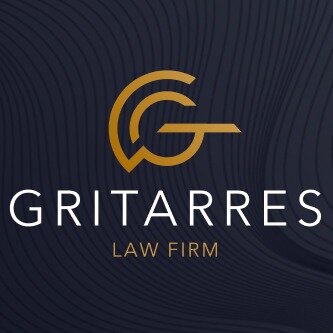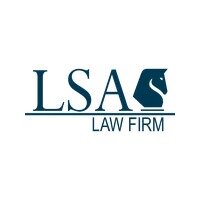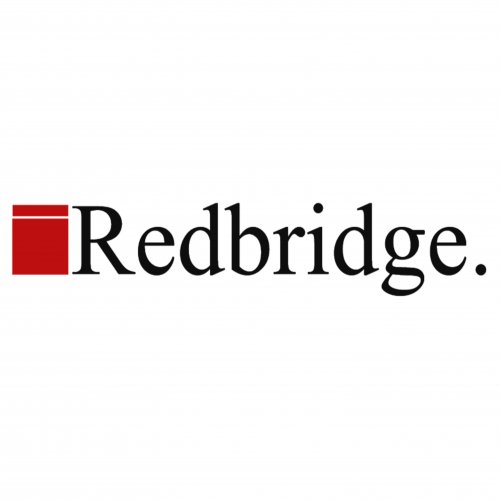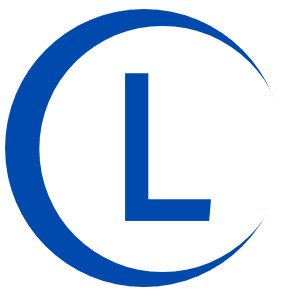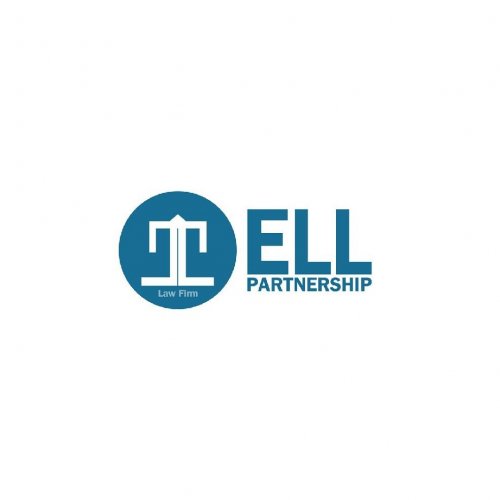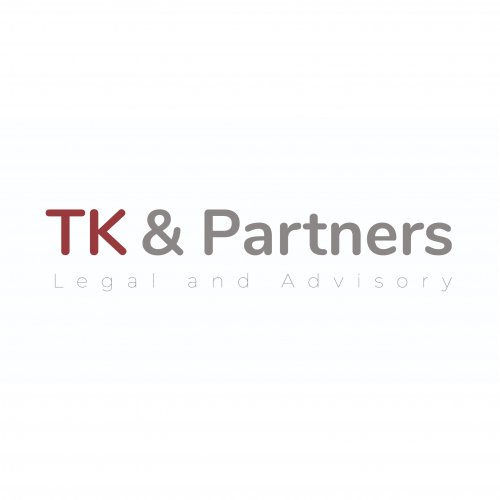Best E-commerce & Internet Law Lawyers in Yerevan
Share your needs with us, get contacted by law firms.
Free. Takes 2 min.
List of the best lawyers in Yerevan, Armenia
About E-commerce & Internet Law in Yerevan, Armenia
E-commerce & Internet Law in Yerevan, Armenia, is a rapidly developing field influenced by global trends and local dynamics. With the expansion of digital markets, online businesses, and internet-based transactions, the Armenian legal framework has been adapting to address new challenges and opportunities. The law encompasses a wide range of issues, including consumer protection, digital contracts, privacy, data protection, intellectual property, and cybersecurity. As Yerevan becomes more integrated into the global digital economy, the city's legal system continues to evolve to support and regulate e-commerce activities.
Why You May Need a Lawyer
Engaging with a lawyer specializing in E-commerce & Internet Law can be crucial in several situations, including:
- Establishing an Online Business: Legal advice is essential to ensure compliance with local regulations and to structure your business effectively.
- Data Protection Compliance: Navigating laws related to personal data collection, storage, and usage can be complex. A lawyer can help ensure compliance with data protection laws.
- Intellectual Property Issues: Protect your brand, trademarks, and content legally and handle copyright infringements.
- Contract Drafting and Review: Proper drafting and reviewing of digital contracts and agreements are vital to protect your interests in online transactions.
- Consumer Rights: Address any disputes related to consumer rights and e-commerce transactions.
- Cybersecurity Breaches: Legal guidance is necessary in managing data breaches and mitigating potential liabilities.
Local Laws Overview
Here are some key aspects of local laws relevant to E-commerce & Internet Law in Yerevan, Armenia:
- Data Protection Legislation: Armenia has adopted the Personal Data Protection Law, which regulates the collection and processing of personal data in electronic communications.
- Consumer Protection: Laws are in place to safeguard consumers in digital transactions, including return policies and the right to withdraw from contracts.
- Electronic Transaction and E-signatures: The Law on Electronic Document and Electronic Signature governs the validity and use of digital signatures in business transactions.
- Intellectual Property Rights: Trademark and copyright laws are critical in protecting digital content and brand identity.
- Cybersecurity Regulations: Legal frameworks address issues related to cybersecurity risks and the responsibilities of digital service providers.
Frequently Asked Questions
1. What is the definition of personal data under Armenian law?
Personal data is any information that relates to an identified or identifiable individual, including name, identification number, location data, and online identifiers.
2. Do I need to register my e-commerce business in Armenia?
Yes, if you plan to operate an e-commerce business in Armenia, you need to register it as a legal entity and comply with local business registration laws.
3. How is consumer protection applicable in e-commerce in Armenia?
Consumers are protected under several laws that ensure their rights in digital transactions, such as the right to information, fair marketing practices, and withdrawal rights.
4. Are electronic contracts legally binding in Armenia?
Yes, electronic contracts are recognized and legally binding as long as they comply with the requirements of the Law on Electronic Document and Electronic Signature.
5. What measures should I take for data protection compliance?
Your business should establish clear data protection policies, ensure data security, and obtain informed consent from individuals before processing their personal data.
6. How can I protect my intellectual property in an online business?
Register trademarks, copyrights, and patents as necessary, and establish terms of use for your digital content to protect intellectual property legally.
7. What actions can I take if my website is hacked?
Contact a cybersecurity professional to secure your site, notify users if their data is at risk, and consult legal counsel to mitigate liabilities and report breaches as required.
8. Is there a legal obligation to disclose cookies usage?
Yes, the use of cookies must be disclosed, and users must be informed and consent to the storage and use of cookies on their devices.
9. How are cross-border e-commerce transactions regulated?
Cross-border transactions are subject to international laws and agreements, including trade policies and digital commerce treaties.
10. Can I be held liable for user-generated content on my platform?
You may be held liable for illegal content if you fail to take prompt action after being made aware of it. Implementing clear content policies and moderation practices is recommended.
Additional Resources
Here are some additional resources that may be helpful:
- Data Protection Agency of Armenia: Offers guidance on compliance with personal data regulations.
- Ministry of Economy of the Republic of Armenia: Provides information on business registration and e-commerce laws.
- Armenian Center for International and Comparative Law: A resource for understanding international legal frameworks impacting e-commerce.
Next Steps
If you require legal assistance in E-commerce & Internet Law, consider the following actions:
- Consult a Specialist Lawyer: Engage with a legal professional experienced in e-commerce law to get tailored advice and representation.
- Research Online Legal Services: Some firms offer online consultations, which can be a convenient first step.
- Contact Local Legal Institutions: Reach out to legal organizations and associations in Armenia for recommendations and support.
- Stay Informed: Regularly update yourself on local and international e-commerce laws and regulations to stay compliant and protect your business interests.
Lawzana helps you find the best lawyers and law firms in Yerevan through a curated and pre-screened list of qualified legal professionals. Our platform offers rankings and detailed profiles of attorneys and law firms, allowing you to compare based on practice areas, including E-commerce & Internet Law, experience, and client feedback.
Each profile includes a description of the firm's areas of practice, client reviews, team members and partners, year of establishment, spoken languages, office locations, contact information, social media presence, and any published articles or resources. Most firms on our platform speak English and are experienced in both local and international legal matters.
Get a quote from top-rated law firms in Yerevan, Armenia — quickly, securely, and without unnecessary hassle.
Disclaimer:
The information provided on this page is for general informational purposes only and does not constitute legal advice. While we strive to ensure the accuracy and relevance of the content, legal information may change over time, and interpretations of the law can vary. You should always consult with a qualified legal professional for advice specific to your situation.
We disclaim all liability for actions taken or not taken based on the content of this page. If you believe any information is incorrect or outdated, please contact us, and we will review and update it where appropriate.




